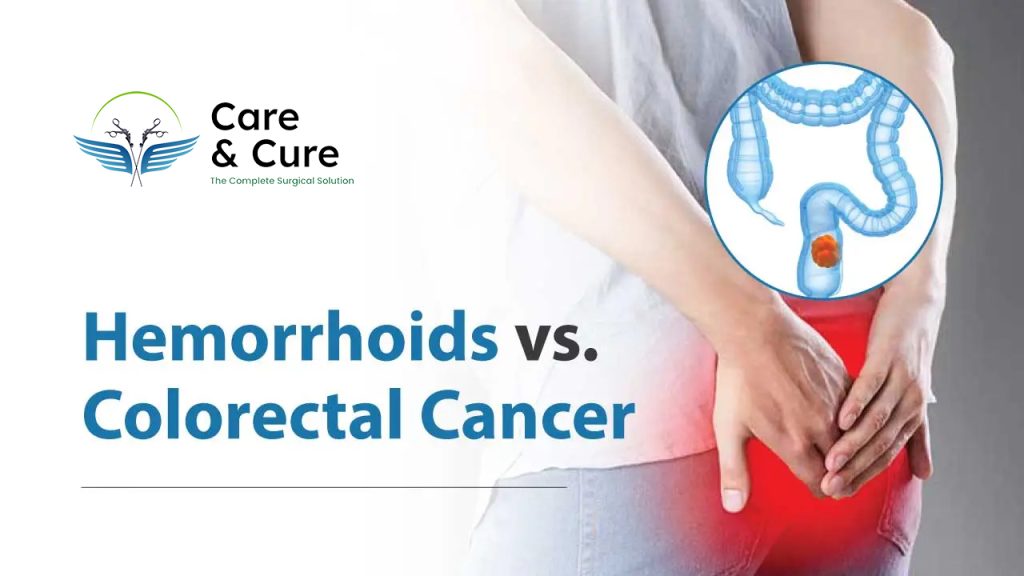
Anal fissures are small tears or cracks in the lining of the anal canal that can cause sharp pain and bleeding during or after bowel movements. At Dr. Rakesh Dhupia’s clinic, we understand how disruptive and painful this condition can be. As a leading fissure doctor, Dr. Dhupia provides compassionate and advanced care for long-term fissure relief.
What Causes Anal Fissures?
Anal fissures commonly result from trauma to the anal lining. The most frequent causes include:
- Passing hard or large stools: Straining during bowel movements is the most common cause.
- Chronic constipation or diarrhea: Both can irritate the anal canal and hinder healing.
- Tight anal sphincter muscles: Excessive tension reduces blood flow, delaying tissue repair
- Childbirth trauma: Especially common after vaginal delivery.
- Inflammatory bowel diseases: Conditions like Crohn's disease increase fissure risk.
- Anal intercourse or rough wiping: May also contribute in some individuals.
Symptoms That Indicate a Fissure
You may be suffering from an anal fissure if you experience:
- Sharp pain during or after passing stools
- Bright red blood on toilet paper or stool
- A visible tear or crack near the anus
- Burning, itching, or irritation around the anal area
- A small skin tag (sentinel pile) if the fissure becomes chronic
If these symptoms persist, seek expert evaluation from a qualified fissure specialist.
Related Post
Top Post
How Can Anal Fissures Be Treated Permanently?
1. Conservative/Home Remedies
Most acute anal fissures can heal within 4–6 weeks with:
- High-fiber diet and water intake
- Stool softeners
- Sitz baths (warm water soak 2–3 times daily)
- Over-the-counter pain relievers
2. Topical Medications
If healing doesn’t occur naturally, doctors may prescribe:
- Nitroglycerin ointment – to increase blood flow
- Calcium channel blocker creams (like diltiazem)
- Hydrocortisone creamsto reduce inflammation
3. Botox Injections
Botulinum toxin helps relax the anal sphincter, promoting healing. It’s ideal for those who don’t respond to topical treatments and wish to avoid surgery.
4. Laser Surgery or Lateral Internal Sphincterotomy (LIS)
For chronic anal fissures or those that keep coming back, LIS or laser surgery may be recommended:
- LIS involves making a small cut in the sphincter to relieve pressure.
- Laser fissure surgery offers a minimally invasive and fast-healing alternative.
Dr. Dhupia specializes in laser and laparoscopic techniques
Risks of Leaving a Fissure Untreated
Ignoring a fissure can result in:
- Chronic pain and discomfort
- Infection or abscess formation
- Persistent bleeding and anemia
- Difficulty maintaining hygiene
- Development of sentinel piles or skin tags
Early medical attention prevents complications and ensures faster recovery.
Why Choose Dr. Rakesh Dhupia?
As a trusted fissure doctor, Dr. Rakesh Dhupia
- Expert diagnosis using anoscopy and visual examination
- Non-surgical and surgical treatment options
- Laser and minimally invasive fissure procedures
- Fast recovery and personalized care
Call to Action
Are you dealing with the pain and discomfort of anal fissures? Don’t suffer in silence.
Book a consultation today with Dr. Rakesh Dhupia for a permanent and pain-free solution. Get expert care, personalized treatment, and lasting relief from one of the best fissure doctors in the region.
FAQs – Voice Search Optimized
Q1: What causes anal fissures to keep coming back?
Chronic constipation, poor diet, and tight anal muscles often lead to recurring fissures.
Q2: Can anal fissures heal permanently without surgery?
Yes, with proper diet, medication, and care. However, chronic fissures may need surgical intervention.
Q3: How painful is an anal fissure?
The pain can be intense, especially during bowel movements, and may last for hours.
Q4: How long does it take to heal an anal fissure?
Acute fissures usually heal in 2–4 weeks. Chronic fissures may take longer and need treatment.
Q5: Is surgery safe for anal fissures?
Yes, procedures like LIS or laser surgery are safe and highly effective.
Q6: What foods should I avoid if I have a fissure?
Avoid spicy foods, caffeine, alcohol, and low-fiber diets.
Q7: How can I prevent fissures from coming back?
Stay hydrated, eat fiber-rich foods, avoid straining, and maintain regular bowel habits.
